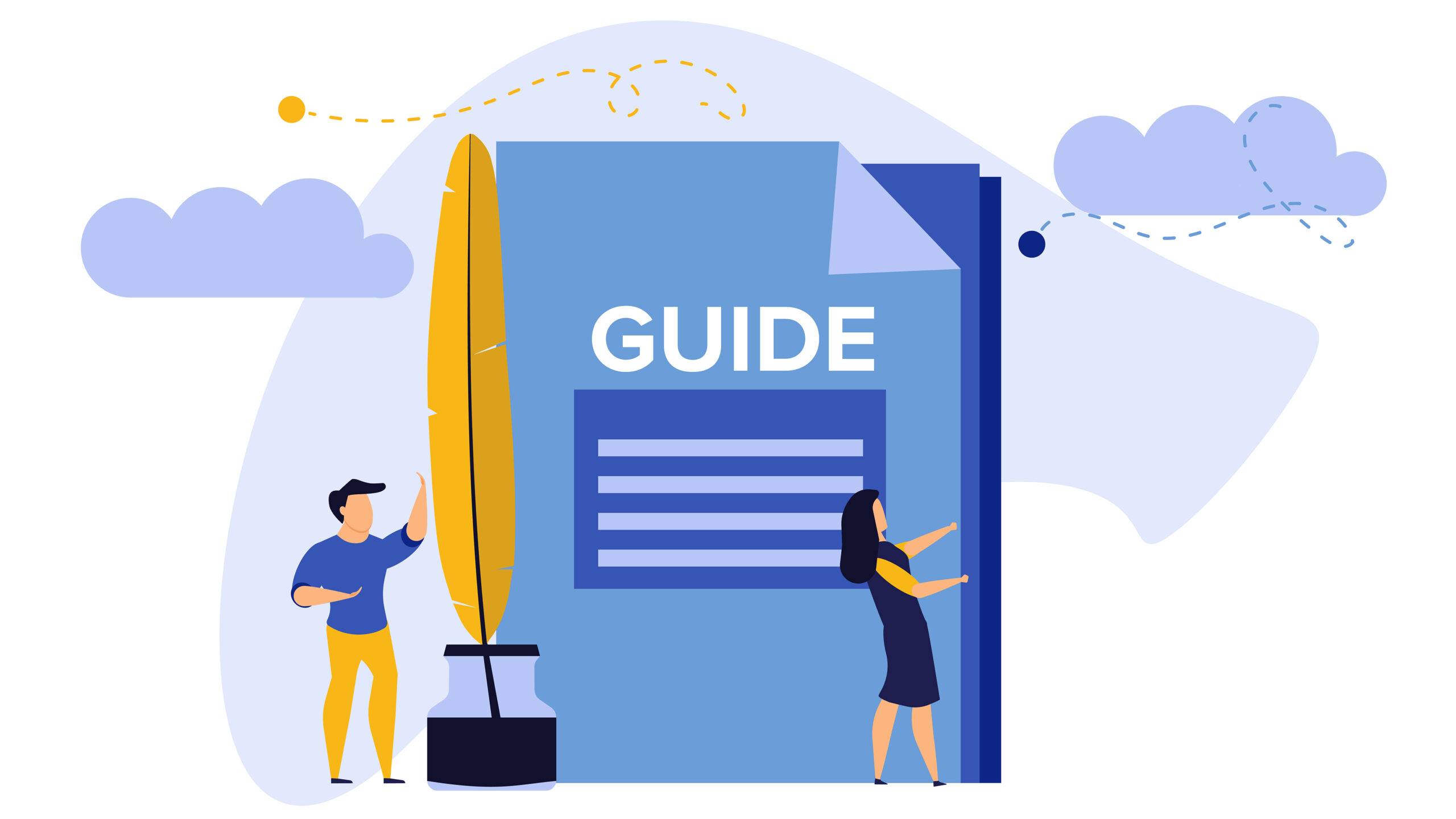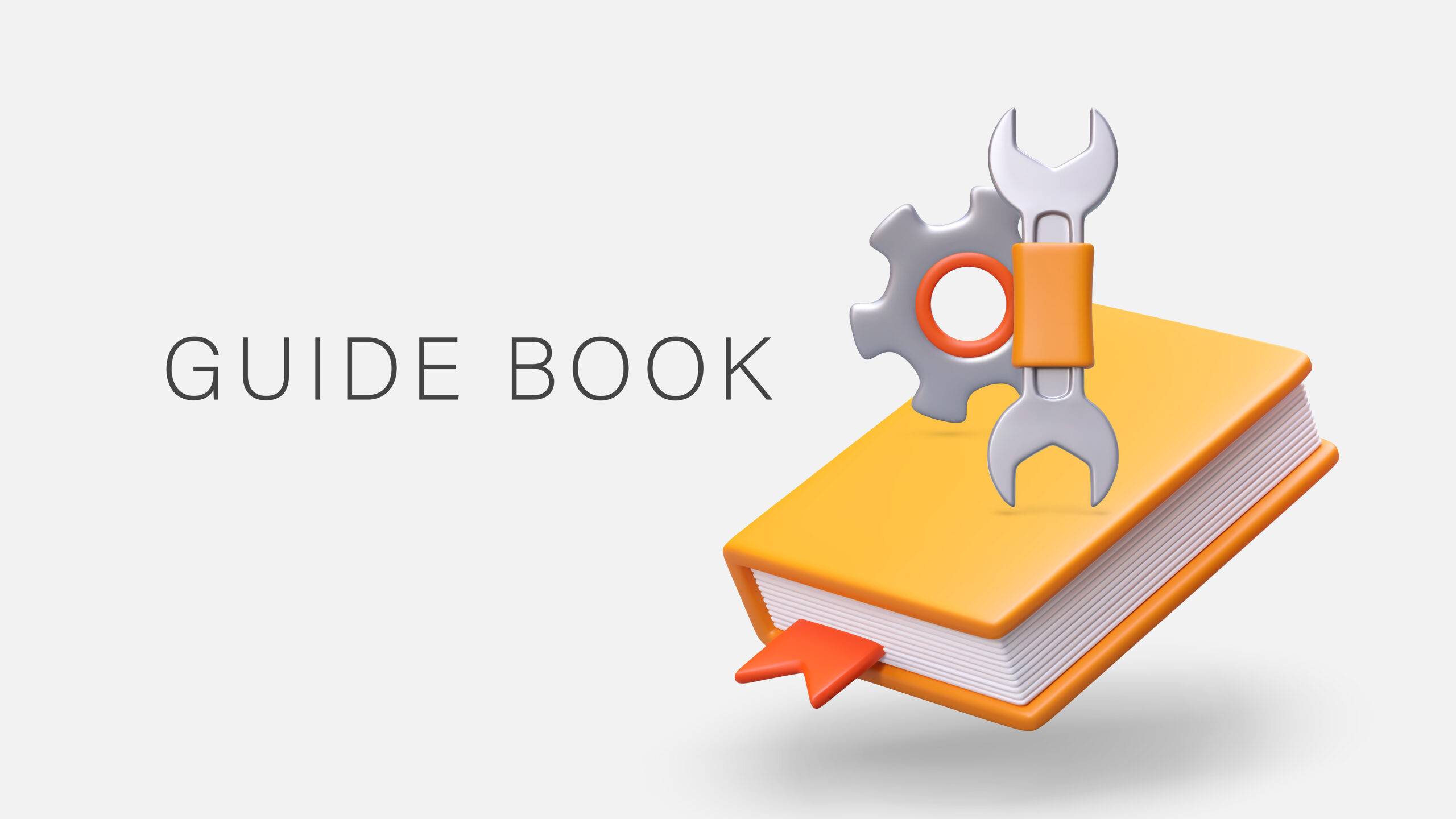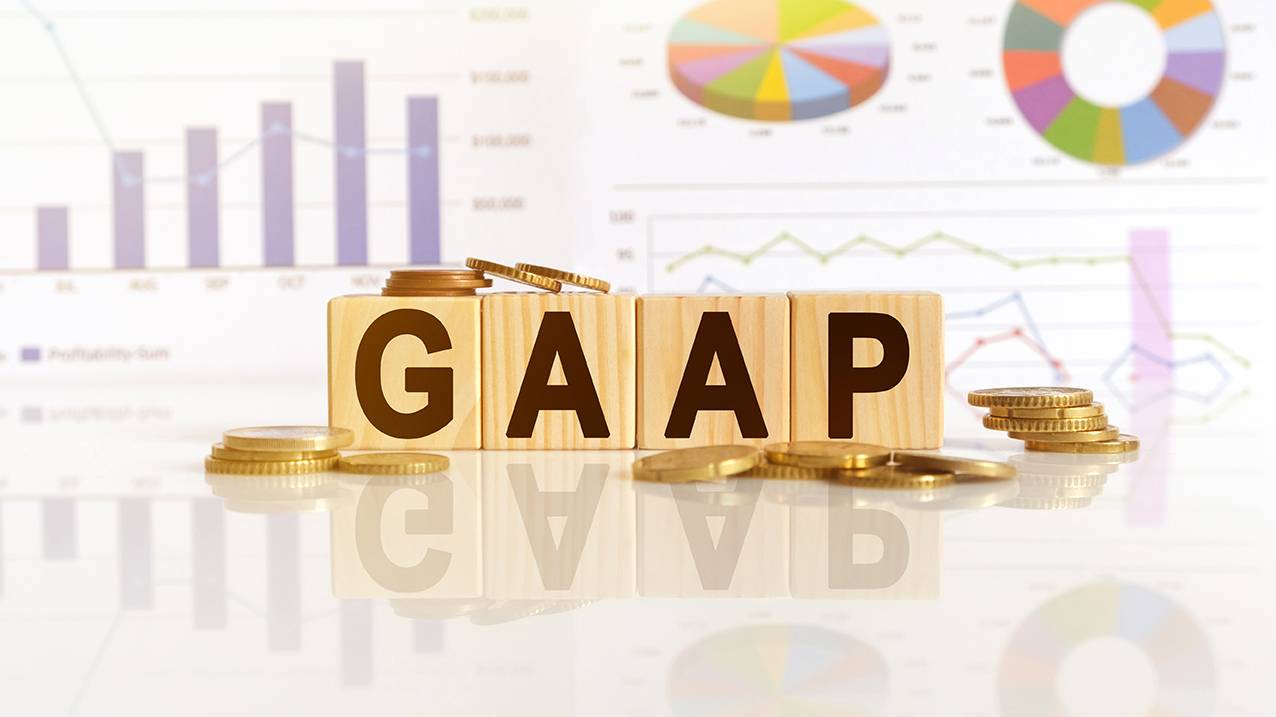Self-Study
Closing the Books: An Accountant’s Guide
Guidebook to Period-End Closing and Financial Reporting. Master streamlined processes and controls for accurate, timely closings while optimizing your reporting workflow.

$351.00 – $391.00
Webcasts are available for viewing Monday – Saturday, 8am – 8pm ET.
Without FlexCast, you must start with enough time to finish. (1 Hr/Credit)
Please fill out the form below and we will reach out as soon as possible.
CPE Credits
13 Credits: Accounting
Course Level
Overview
Format
Self-Study
Course Description
Closing the books is one of the key functions of the accounting department. Closing the Books reveals how to do so promptly and accurately, so that financial statements can be issued shortly after the end of the reporting period. This self-study CPA accounting CPE course discusses the entire process of how information is summarized into the financial statements, as well as the many reporting formats that are available. This accounting CPE covers the full range of closing steps, and shows how to fine-tune the closing process to achieve a shorter close. In addition, the accounting CPE course for tax professionals addresses the controls and record keeping needed for the closing process. Closing the Books can be a desk reference for anyone who closes the books on a regular basis.
Learning Objectives
Upon successful completion of this course, participants will be able to:
- Identify the types of subsidiary ledgers.
- Specify the applications of the different types of trial balances.
- Identify the types of journal entries used to modify account balances and record transactions.
- Recognize the core and delayed steps used to close the books.
- State the methods used to fine-tune the closing process, and which activities do not improve the process.
- Identify bank reconciliation terminology, as well as the applicability of petty cash reconciliations.
- Identify the situations in which revenue can be recorded, as well as how to rebill expenses.
- Identify the methods used to assign costs to inventory and increase the accuracy of inventory records.
- Specify the rules related to fixed asset recordation and impairment, along with associated terms.
- State how accounts payable are handled and the associated expenses recorded.
- Identify the recordation decisions associated with payroll transactions.
- State the formats in which the income statement can be presented, and note the source of income statement information.
- Recognize the proper classification of line items on the balance sheet, and note how the balance sheet is constructed.
- Identify the contents of the statement of cash flows.
- Identify the contents of the statement of retained earnings.
- Identify the types and contents of disclosures that can accompany the financial statements.
- State the criteria used to identify a reporting segment, as well as the required segment reporting.
- Identify the decision points associated with the integral and discrete views of interim reporting.
- Identify the methods used to calculate the various types of earnings per share.
- State the additional steps involved in closing the books of a public company, including the additional types of required approvals.
- Recognize the controls that should be imposed on the closing process.
- Identify the types of records associated with closing the books that should be stored.
- Identify the situations under which a soft close can produce errors, and the benefits of using a virtual close.
Course Specifics
1143284
October 17, 2024
There are no prerequisites.
None
273
Compliance Information
CMA Notice: Western CPE makes every attempt to maintain our CMA CPE library, to ensure a course meets your continuing education requirements please visit Insitute of Management Accountants (IMA)
CFP Notice: Not all courses that qualify for CFP® credit are registered by Western CPE. If a course does not have a CFP registration number in the compliance section, the continuing education will need to be individually reported with the CFP Board. For more information on the reporting process, required documentation, processing fee, etc., contact the CFP Board. CFP Professionals must take each course in it’s entirety, the CFP Board DOES NOT accept partial credits for courses.
Meet The Experts

Steven M. Bragg, CPA, is a full-time book and course author who has written more than 300 business books and courses. He provides Western CPE with self-study courses in the areas of accounting and finance, with an emphasis on the practical application of accounting standards and management techniques. A sampling of his courses include the The New Controller Guidebook, The GAAP Guidebook, Accountants’ Guidebook, and Closing the Books: An Accountant’s Guide. He also manages the Accounting Best Practices podcast. Steven has been the CFO or controller of both public and private companies and has been a consulting manager with Ernst & Young and …
Related Courses
-
 Accounting
Accounting
Accountants’ Guidebook
Steven M. Bragg, CPA QAS Self-Study
Credits: 30 $600.00
QAS Self-Study
Credits: 30 $600.00$600.00 – $640.00
-
 Accounting
Accounting
Accounting Fraud: Recent Cases
Joseph Helstrom, CPA QAS Self-Study
Credits: 1 $29.00
QAS Self-Study
Credits: 1 $29.00$29.00 – $49.00
-
 Accounting
Accounting
GAAP Guidebook
Steven M. Bragg, CPA QAS Self-Study
Credits: 29 $580.00
QAS Self-Study
Credits: 29 $580.00$580.00 – $620.00
